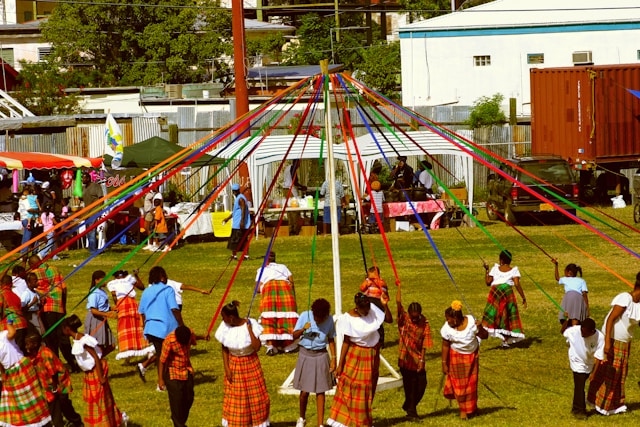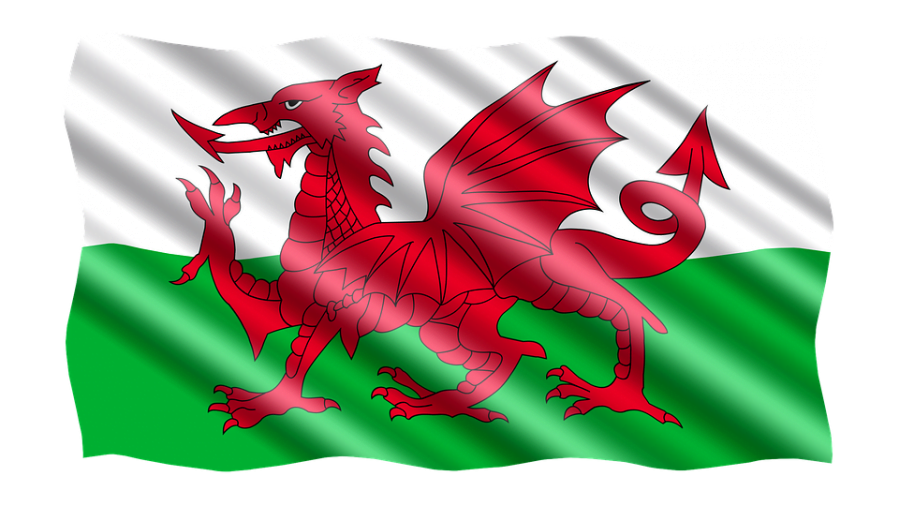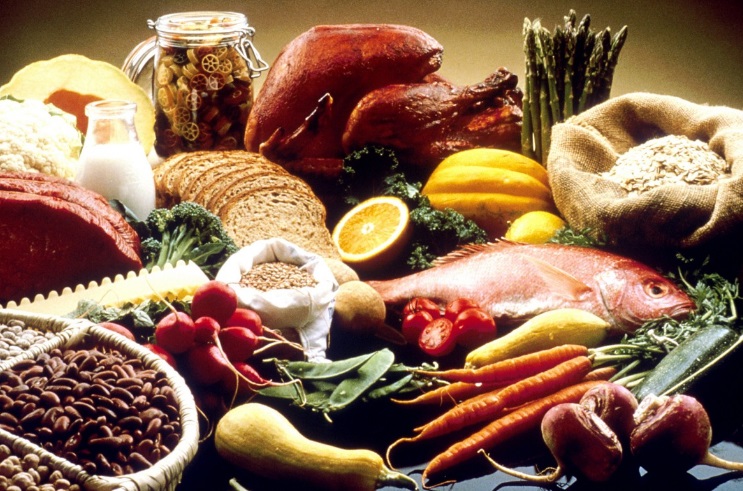May Day EFL Lesson: We’re exploring the history and cultural significance of May Day and how it can be integrated into the classroom to enhance language learning!
Spring Into English with a May Day EFL Lesson!



May Day EFL Lesson: We’re exploring the history and cultural significance of May Day and how it can be integrated into the classroom to enhance language learning!

Crufts is the annual event where thousands of dogs compete to be crowned Best in Show! This famous British dog show is organised by the Kennel Club and takes place each year at the National Exhibition Centre (NEC) in Birmingham,

It’s the London Marathon this weekend! The big race is held annually in the spring and this year we’ll see over 40,000 people take to the streets of London for the 26.2 mile course. Whatever the weather, thousands will be

It’s Mother’s Day this weekend! This day is celebrated on the fourth Sunday of Lent each year, falling three weeks before Easter. The day was originally Mothering Sunday, a religious day when people would visit their ‘mother’ church, but later

International Women’s Day falls on 8th March every year and coincides with Women’s History Month. This special day is a global celebration of the social, economic, cultural and political achievements of women. International Women’s Day also highlights areas where action

St David’s Day falls on 1st March each year. This special day has been celebrated since the 12th century and although it is not a national holiday in the UK, it is regularly marked with celebrations. Saint David is the

Writing a Christmas card in English is one of the top December activities for EFL learners. At this time of year, many people are thinking of writing to loved ones and friends to wish them a merry Christmas or a

Thanksgiving is a public holiday celebrated on the last Thursday of November in the United States of America. This special day originated as a harvest festival to celebrate the crops produced in the Pilgrims’ first harvest. Throughout the USA, people

The UEFA Women’s Euro 2017 is currently playing in the Netherlands, giving us the perfect excuse to move on from tennis after the excitement of Wimbledon and into some fresh football vocabulary! The Euros group stage began on 16th July

Wimbledon is one of the world’s biggest tennis tournaments and the most prestigious of the Majors. These few weeks of Grand Slam tennis offer a great chance to prepare a sporty EFL lesson with a traditional British flavour. Grab your